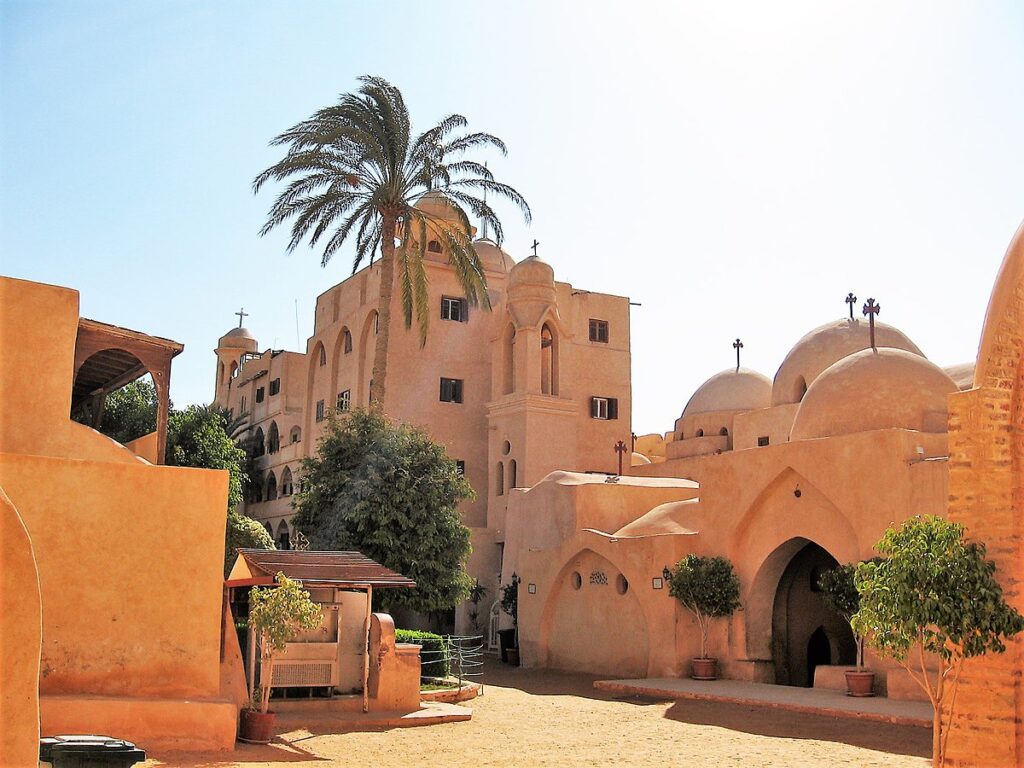In Egypt, the role of secularism in shaping a more inclusive and progressive society is a topic of increasing relevance. As a country with deep historical ties to both religious and political traditions, the balance between faith and governance remains a key issue. Secularism, if embraced in its true form, has the potential to improve social cohesion, enhance individual freedoms, and promote a more stable and just society.
One of the most immediate benefits of secularism is the strengthening of individual rights. By ensuring that governance remains neutral with respect to religion, all citizens—regardless of their faith—can enjoy equal treatment under the law. This fosters a sense of unity and belonging, as no group is privileged over another based on religious affiliation.
A secular state allows people to practice their faith freely without government intervention while ensuring that religious beliefs do not dictate public policies.
Education is another crucial area where secularism can have a transformative impact. A curriculum that promotes critical thinking, scientific inquiry, and historical perspectives free from religious bias can help develop well-rounded and informed citizens.
By focusing on knowledge rather than ideology, schools can prepare young Egyptians for a competitive global economy and encourage tolerance among different cultural and religious groups.
In the realm of gender equality, secularism plays a crucial role in dismantling discriminatory laws and practices rooted in religious interpretations. A legal framework based on universal human rights rather than religious doctrine ensures that women and men are treated equally in matters of marriage, divorce, inheritance, and employment. This would not only empower women but also contribute to broader economic and social progress.
Furthermore, secularism can serve as a buffer against religious extremism. By keeping religion separate from the political sphere, the state can prevent the exploitation of religious sentiments for political gains. This fosters a more stable political climate and ensures that governance decisions are based on rational policies rather than ideological motives.
Despite the potential benefits, secularism in Egypt faces resistance due to historical and cultural factors. However, by promoting open dialogue, legal reforms, and education, the country can gradually embrace a system that values both religious freedom and a fair, unbiased governance structure.
In the long run, secularism can help build a more harmonious society where diversity is celebrated, and individuals can coexist with mutual respect and shared national identity.


